BNU Media Think Tank issued the 34th report “National Residents’ Awareness and Willingness to Vaccinate— Analysis of Public Opinion Based on Five Internet Platforms”
Release Date: 2021-10-27Views:
At 14:00 on June 17, 2021, BNU Media Think Tank, which jointly organized by the School of Journalism and Communication of BNU and Guangming Daily Think Tank Research and Release Center, issued the 34th report “National Residents’ Awareness and Willingness to Vaccinate— —Analysis of Public Opinion Based on Five Internet Platforms”. The report was jointly published by School of Journalism and Communication of BNU and Beijing Introvision Information Technology Co., Ltd.,and on-site announced by Yu Guoming, director of the Academic Committee of the School of Journalism and Communication of Beijing Normal University.
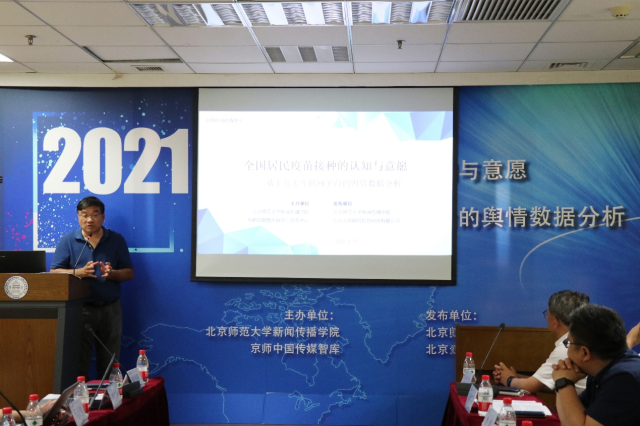
The think tank launch was hosted by Professor Zhang Hongzhong, Executive Dean of the School of Journalism and Communication, Beijing Normal University. Interactive guests Shan Xuegang, Deputy Director of People’s Daily Online Public Opinion Data Centre and Editor-in-Chief of People’s Online, Professor Li Biao, Deputy Dean of the School of Journalism and Communication of Renmin University of China, and journalist Bi Zijia, Director of the Mobile Research Office of the Staff and Editorial Department of Xinhua News Agency, were invited to attend to interpret and advise on the report. Professor Ding Hanqing, Associate Professor Yang Ya, Dr Wang Rui and Dr Xiu Lichao from the School of Journalism and Communication of Beijing Normal University participated in the meeting.
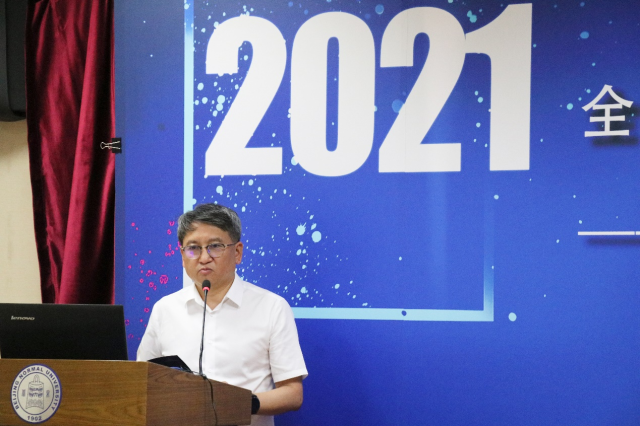
At the beginning of the conference, Han Xuhui, General Manager of Beijing Introvision Information Technology Co., Ltd. delivered a speech, saying that large-scale vaccination is an important task at present, and finding the influencing factors behind the willingness to vaccinate and efficiently promoting vaccination behaviour has become an important topic. Through this public opinion analysis, we hope to gain insights into public perceptions, emotions and attitudes, study the voices of internet users on different platforms and find some answers to the problem.
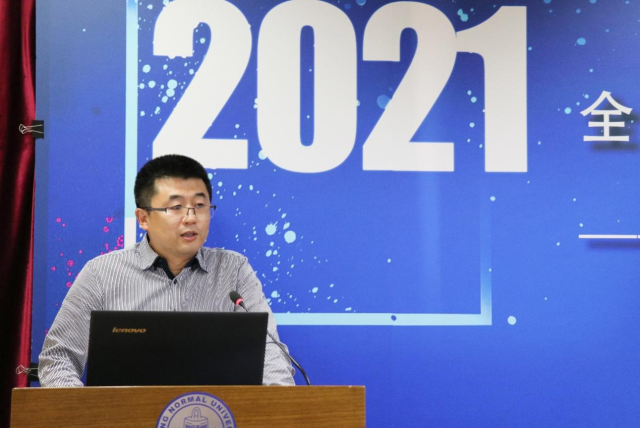
Professor Yu Guoming released the report “Awareness and willingness to vaccinate the nation’s residents - an analysis of public opinion based on five major internet platforms”. He pointed out that China has achieved excellent results in the first half of the epidemic prevention and control, and that universal vaccination is the second half of the epidemic prevention and control, which requires a strong synergy between the national government, the media and the public. Since the outbreak, new mechanisms of government and social mobilisation have been constructed in the online society, and the mechanisms of the internet have become the most important platform for social mobilisation today. Therefore, network-based mobilisation and cognitive behavioural intentions are very relevant. A new communication pattern has emerged in the transformation of the social mobilisation field, where the effect of people’s identification with the presentation of facts and reasoning is diminishing, while circle resonance has become the most important factor in current vaccine mobilisation.
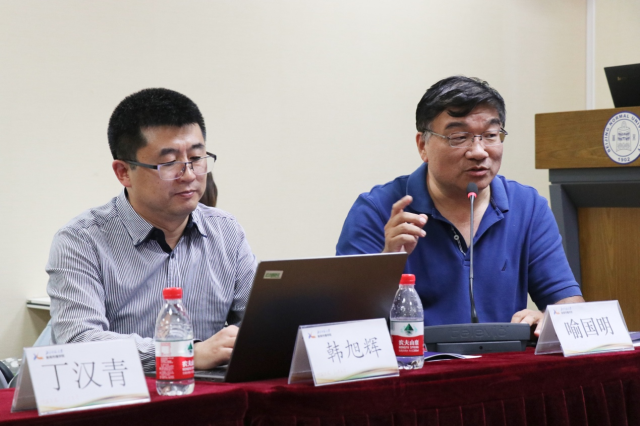
The study concludes that, firstly, moderate coverage of negative information about the new vaccine epidemic helps to awaken the public’s risk perception and promote public vaccination behavior. Fourth, the “dumbbell effect” of public opinion is formed by the synergy between traditional mainstream media and social media, and the information gap between the official and private opinion fields calls for the “maximum convention” across circles. Fifth, the popularity of video as an important technological basis for the advent of the era of “pan-crowded communication”, with its inherent characteristics of relational identity bringing more positive emotional incentives and more diverse cross-border communication. Seventh, most Internet users have a positive attitude towards vaccination, but are not clear about their willingness to act.
During the interactive session of the report release, interactive guests from mainstream media, public opinion think tanks and universities affirmed the significance of the study and put forward targeted suggestions for the report.
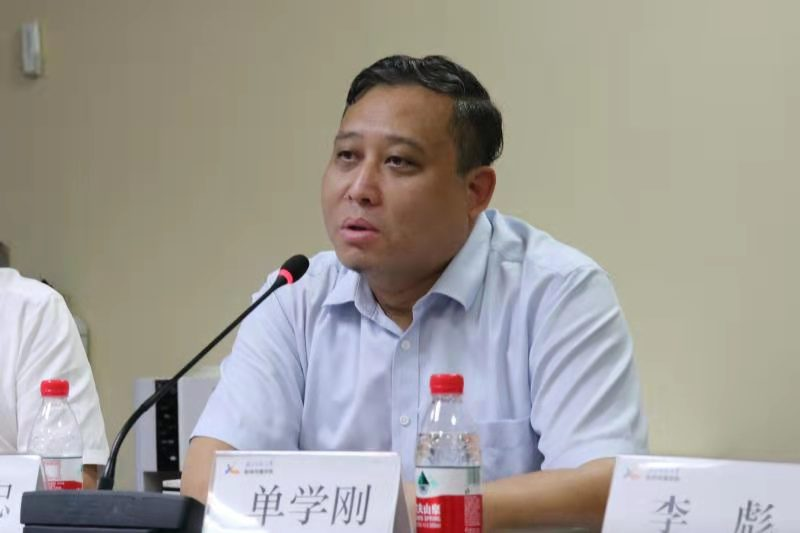
Shan Xuegang, deputy director of the People’s Daily Online Public Opinion Data Center and editor-in-chief of People’s Online, pointed out that the five platforms selected for this report cover a strong representation and also have great significance for policy makers, and the value of the report can also be understood as a new breakthrough in the perception of public issues in digital life. For the category of science communication corresponding to vaccines, the role of opinion leaders in communication can be brought into play, such as scientists, cultural and sports stars, public officials, etc. More emotional communication is also possible, but care needs to be taken to prevent the tendency of over-entertainment and to grasp the relationship between science and entertainment.
Professor Li Biao, Vice Dean of the School of Journalism and Communication at Renmin University of China, commented on the study in terms of both academic and social value. On the academic side, the report suggests that the “dormant effect” caused by negative media coverage of foreign vaccines has further reduced public trust in vaccines, which is important for both internal and external propaganda. At the same time, the report provides a detailed analysis from fact acquisition to relational emotions, noting the anchoring effect of emotions. In terms of social value, the report finds that mainstream media plays an important role in social communication, acting as a one-two punch at critical moments. Finally, Professor Li Biao suggested that data on perceptions and actions of vaccination could be fitted to focus on possible influencing factors in the transformation of audiences from intention to action.
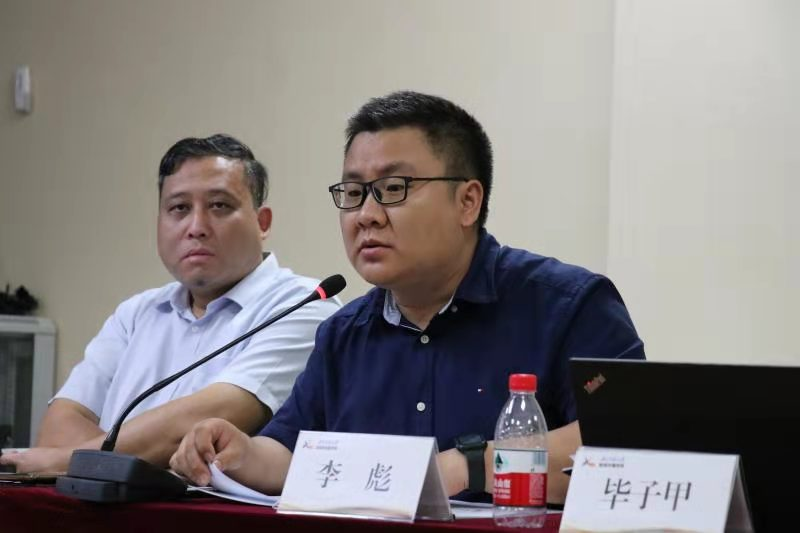
Bi Zijia, a journalist and director of the Mobile Research Office of the Xinhua News Agency’s Staff and Editorial Department, responded to the report from the perspective of vaccination promotion strategies. She affirmed the significance of the report and the importance of breaking down the psychological barriers of vaccine hesitation in the context of the epidemic. The “dumbbell effect” of traditional mainstream media and social media, which the report found to be synergistic, is very important, as it can be used to popularise older people’s groups through self-published media and achieve cross-circle interaction in the field of opinion.

Professor Yu also responded to the guest interaction, acknowledging the efforts put in by team members Yang Ya and Chen Xuejiao in their presentation. Following the outbreak of the new crown epidemic that swept the world in 2020, the development and vaccination of the new crown vaccine has become another focus of the world’s common concern. The report “Awareness and Willingness of Vaccination among National Residents - An Analysis of Public Opinion Based on Five Major Internet Platforms” takes the New Crown vaccination incident in China as the background, and based on the data related to “New Crown vaccination” on five major internet platforms, including Weibo, Tiktok, Toutiao.com, Bilibili and Zhihu. The report analyses data related to the “New Crown Vaccination”, explores the influence of the social environment and media coverage on the subjective perceptions and behavioural intentions of the nation’s residents regarding the vaccination incident, and clarifies the key influencing factors of social identity and its development pattern during the extraordinary period, with a view to providing reference and reference for promoting the development of health communication.
After an interactive group photo, the launch of the “BNU Media Think Tank of China” was successfully concluded. The conference was broadcast live on Bilibili and received widespread attention from academia and industry.
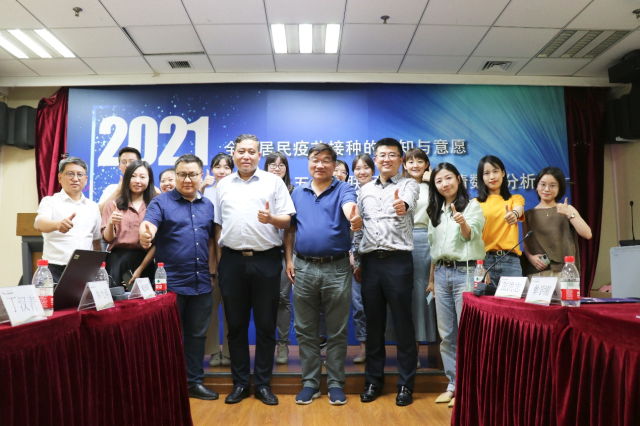


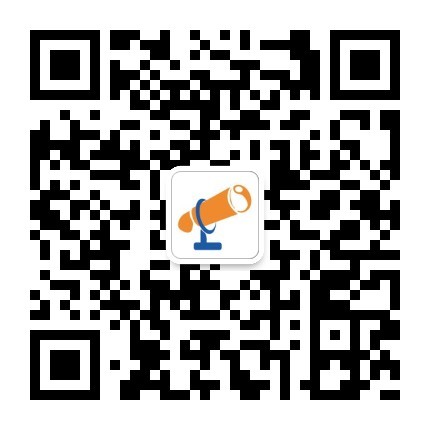

 京ICP备13009620号
京ICP备13009620号